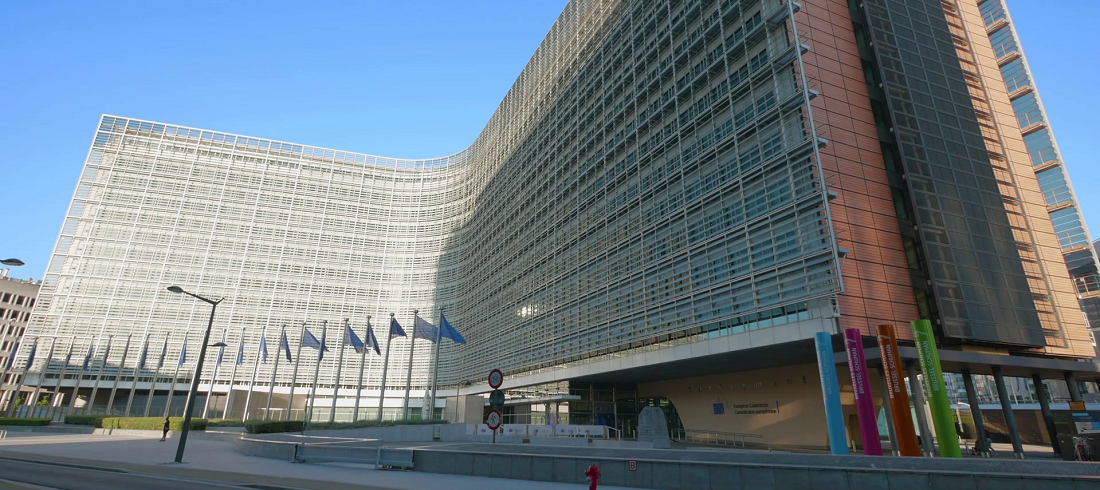
Brazil prepares to retaliate against EU’s protectionist measures on steel
Feb, 13, 2019 Posted by datamarnewsWeek 201908
How is Brazil preparing to tackle the EU’s protectionist measures?
South American giant, Brazil, is exploring ways to impose new anti-dumping duties to offset deficits caused by the EU’s safeguard quotas on steel. As of now, the tariff totals US$180m on Brazilian steel products.
The country’s Ministries of Economy, Agriculture and Foreign Affairs are working together to identify key European products to impose tariffs on without jeopardizing the interests of Brazilian importers. The list will most probably go public on Thursday (14th). The application of tariff increases are justified by the WTO as a response when a country feels disadvantaged by safeguard quotas.
The government recently authorized an increase in import tariffs from 28% to 42% on EU’s powdered milk. However, the US$500,000 import commodity hardly scratches the surface against the US$180 value and the amount is quite nominal considering Brazil’s total import expenditure from the bloc equals around US$35bn.
The Brazilian government hopes to use the list of European goods as bargaining power to allow negotiation of the steel duty. However, some believe such game playing to counter EU’s protectionist policy might come at high cost, especially when Brazil is trying to establish the Mercosur Free Trade Deal with the Union.
The following Secex graph shows Brazil’s trade exchange with the EU bloc in M US$ FOB for the last ten years:
Meanwhile, Brazil’s steel industry is optimistic of an upturn in investments in the second semester of next year, following president-elect Bolsonaro’s intention to eradicate institutionalized corruption as he vowed to do during his election campaign.
-
Meat
Apr, 12, 2023
0
Brazil: pork exports grow 16.9% in March
-
Shipping
Sep, 16, 2021
0
Jan de Nul dredges drought stricken Paraná river to facilitate grain exports
-
Other Logistics
Mar, 26, 2024
0
Ferrogrão rail project yet again center of environmentalists’ concern
-
Other Logistics
Oct, 01, 2019
0
LibraPort Campinas begins stand alone process

